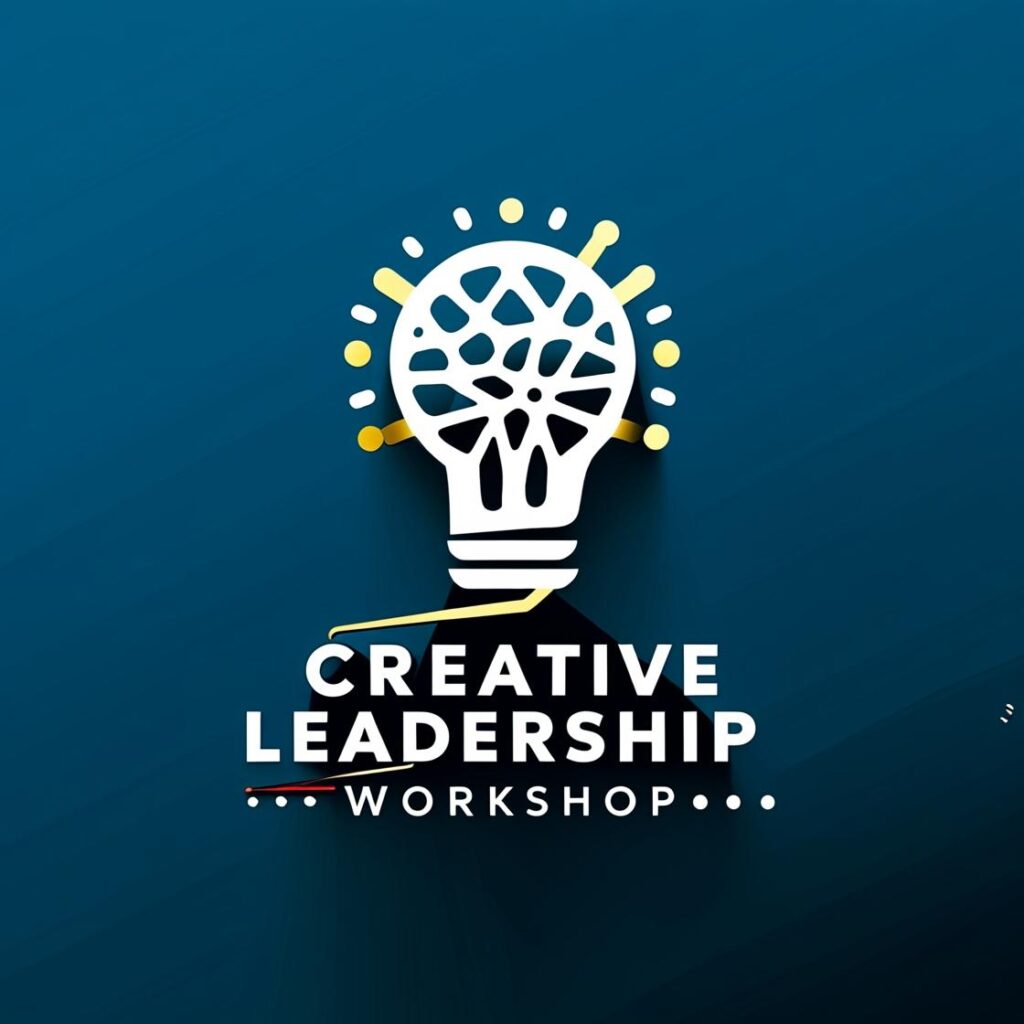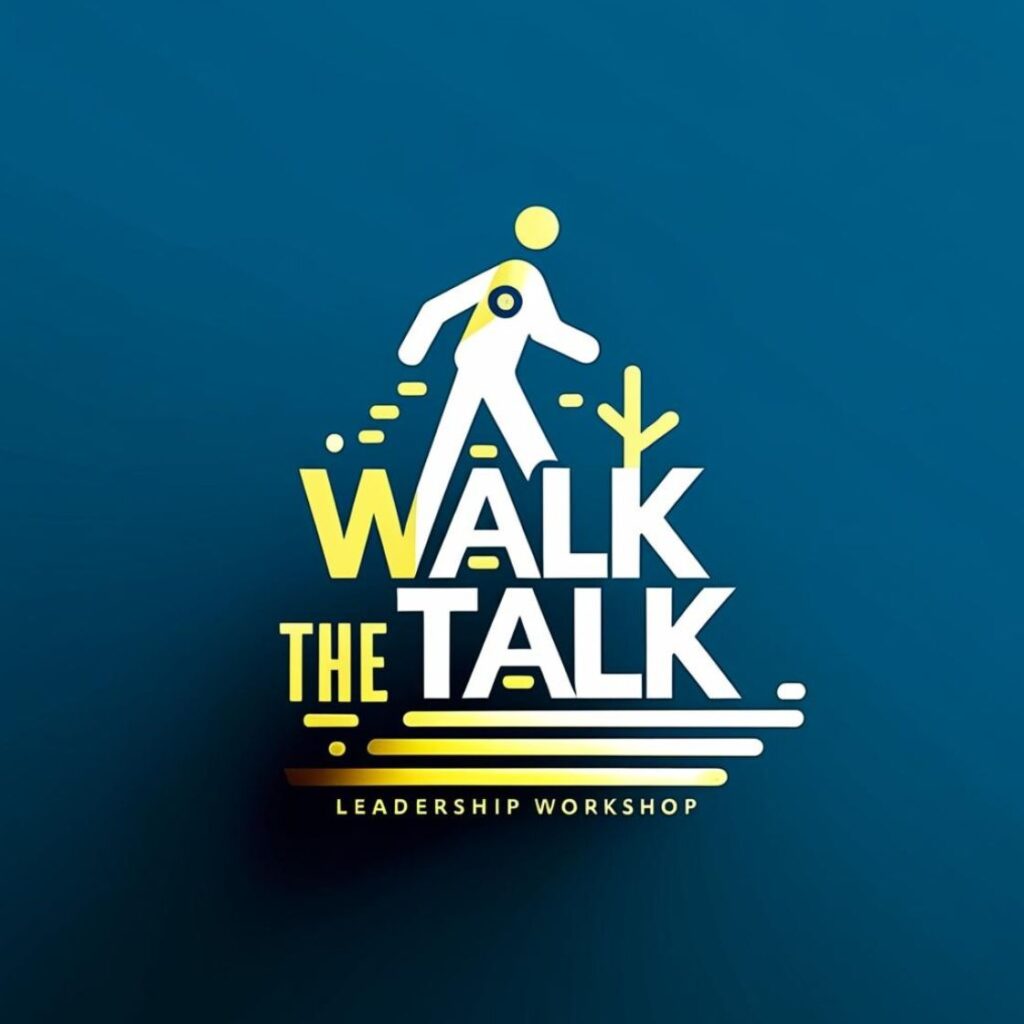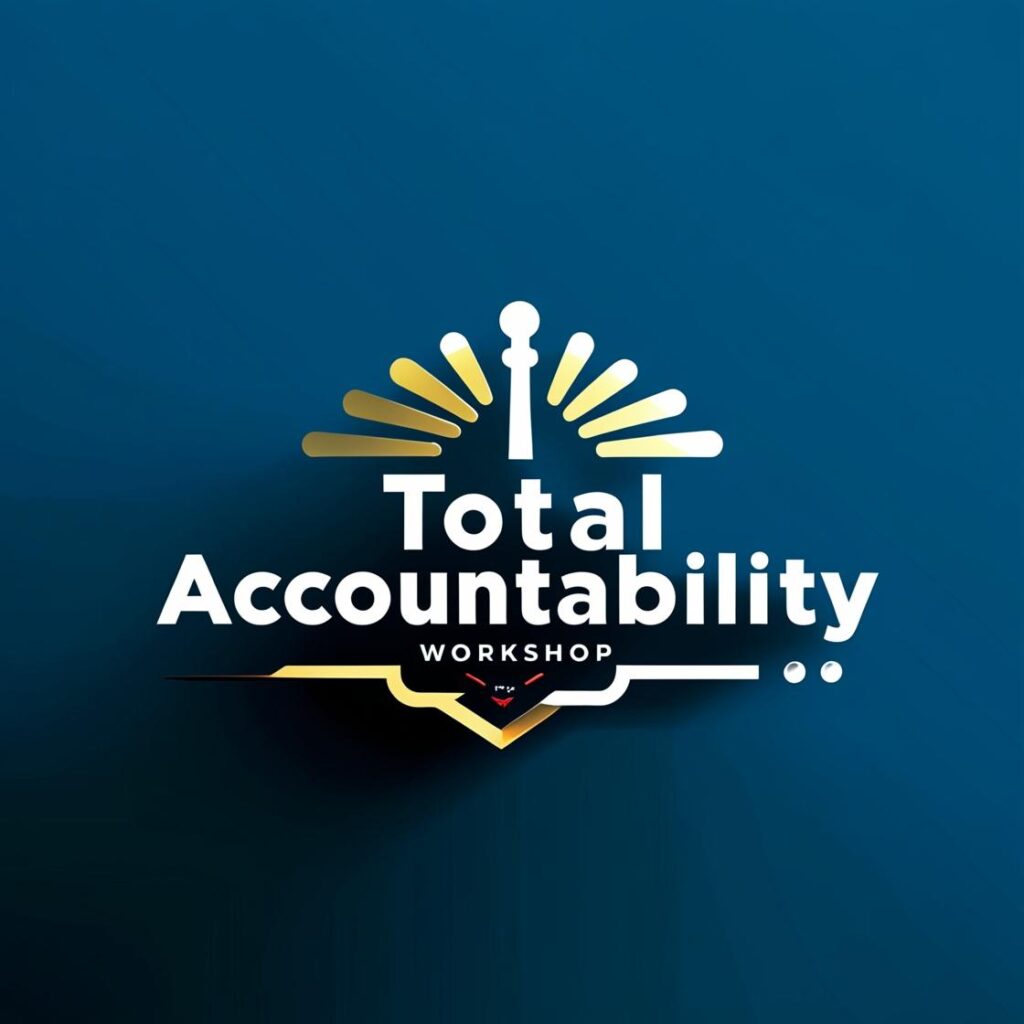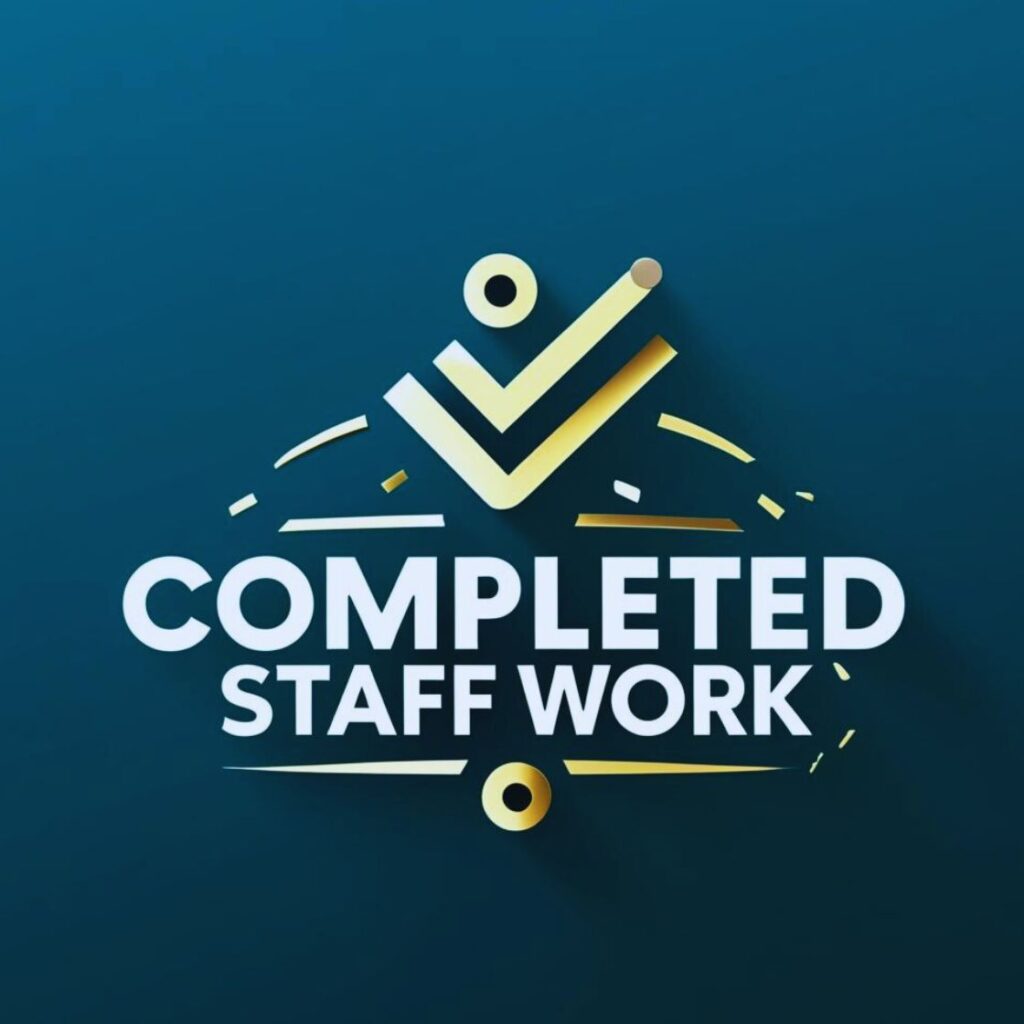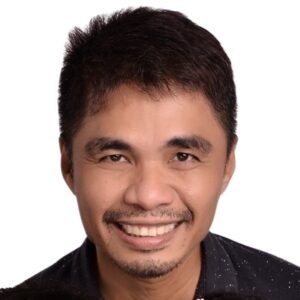Duterte is a democratically elected leader who thinks like a traditional leader. Examples of traditional leaders are kings, dictators, tyrants, and many business leaders whose leadership roles and power are based on the past.
Kim Jong Un and Queen Elizabeth are examples of traditional leaders.
Putin, Duterte, and Xi are traditional politicians. They were elected to office. In the case of Putin and Xi, they can have a lifetime hold on power. In the case of Duterte, he is promoting a revolutionary government against his government so that he can replace himself with himself.
Don’t be confused.
Because we elect our leaders, we don’t categorize someone like Duterte as a traditional leader. It is the people who chose him to become president. Rodrigo Duterte is an example of a traditional politician.
But in the Philippines, there is a thin line between a traditional leader and a traditional politician. That’s because of the existence of political dynasties like that of the Dutertes in Davao City.
Before he became President, Duterte was a city mayor for more than two decades. The whole family Duterte governs Davao City, and they tend to think that they can control the entire country.
In many parts of the country, less than 100 families hold local positions. We wanted the system to change. Many political families are corrupt to the core. The poorest provinces are governed by the largest political families.
Many people thought that Duterte could be the one to bring change. Unfortunately, they forgot that he is the epitome of a traditional politician. He speaks as if he owns the Philippines.
Though a traditional politician is not defined the same way as a traditional leader, they work as if they have kingdoms. They don’t see themselves as public servants but as royalties.
